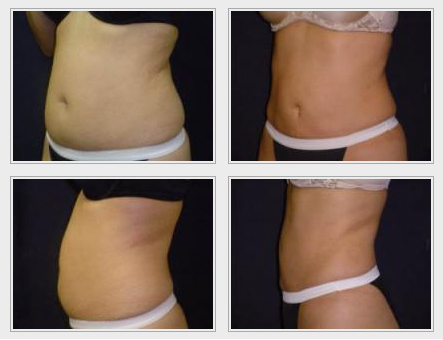 People who regularly feel depressed or anxious may be surprised to find that a deviated septum could be contributing to their unhappiness. A study published last month in the journal Plastic & Reconstructive Surgery reveals that nasal deviation can adversely affect a person’s quality of life and be a contributing factor in feelings of depression.
People who regularly feel depressed or anxious may be surprised to find that a deviated septum could be contributing to their unhappiness. A study published last month in the journal Plastic & Reconstructive Surgery reveals that nasal deviation can adversely affect a person’s quality of life and be a contributing factor in feelings of depression.
What is nasal deviation? It’s an irregularity in the septum, which is the bone and cartilage that separates the nasal passages and divides the nostrils. When the septum leans left or right, rather than lying symmetrically, it can block one of the air passages and cause a number of complaints, including nasal congestion, frequent nosebleeds, frequent sinus infections, headaches, and sleeping disorders such as snoring or sleep apnea.
How can this contribute to depression? According to the authors of the study, the nose, as a central facial feature, “strongly influences the facial appearance and social impression formation…. The body plays an important role in the self-concept, and body dissatisfaction may be associated with low self-esteem, lack of self-confidence, depression and reduced quality of life.”
Previous studies have proven that certain negative personality traits have been associated with nasal deformities, and that patients even undergo changes after receiving a nasal deformity, becoming more introverted, immature, and more concerned about their self-images. Another study revealed that “psychological gender differences have been observed in candidates to rhinoplasty. Females with nasal deformities have been found to be egocentric, immature, impulsive, and perfectionists, while male candidates were stubborn, skeptical, pessimists, rigorous and perfectionists.”
Other studies have shown that candidates for rhinoplasty report lower-than-average mental health scores, and that psychologically stable patients typically experience “a reduction of anxiety and increase in self-esteem” after their rhinoplasties.







